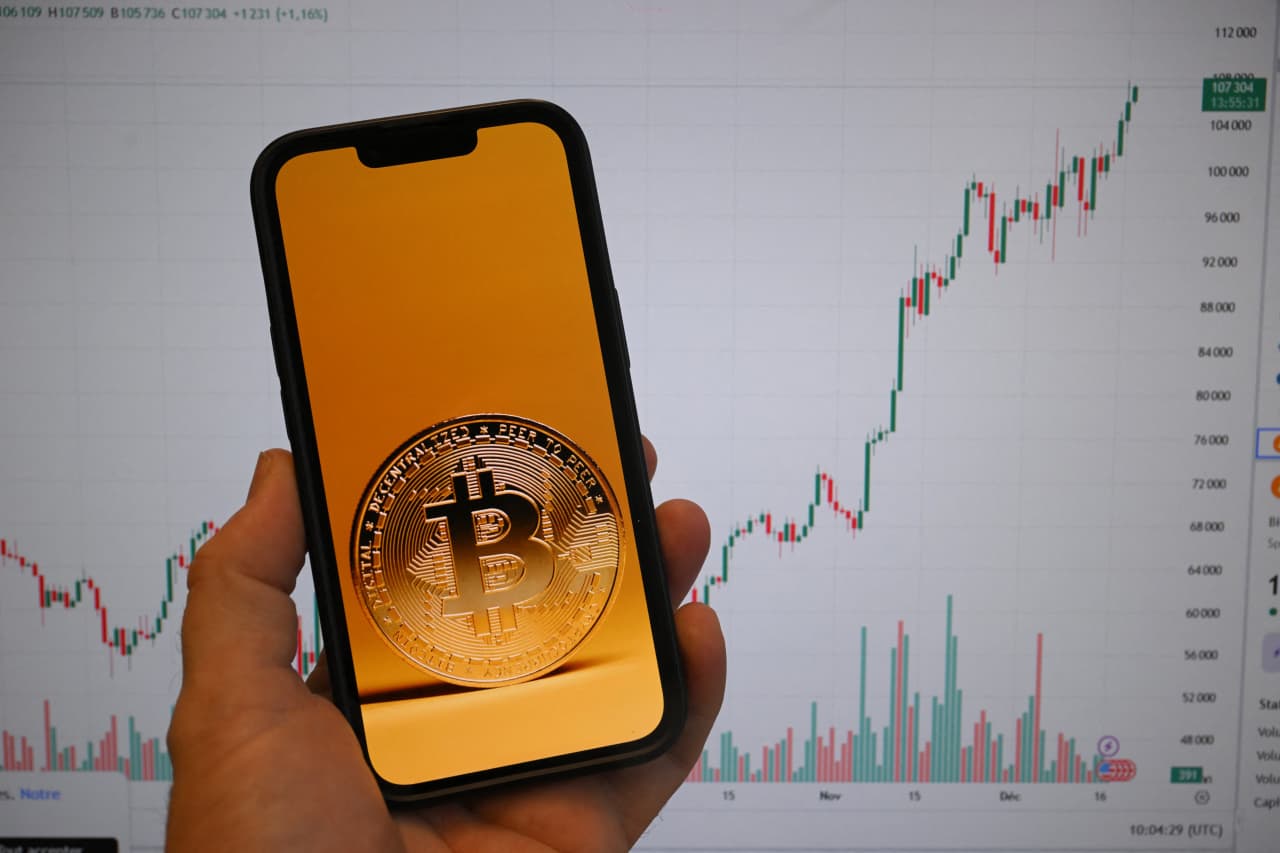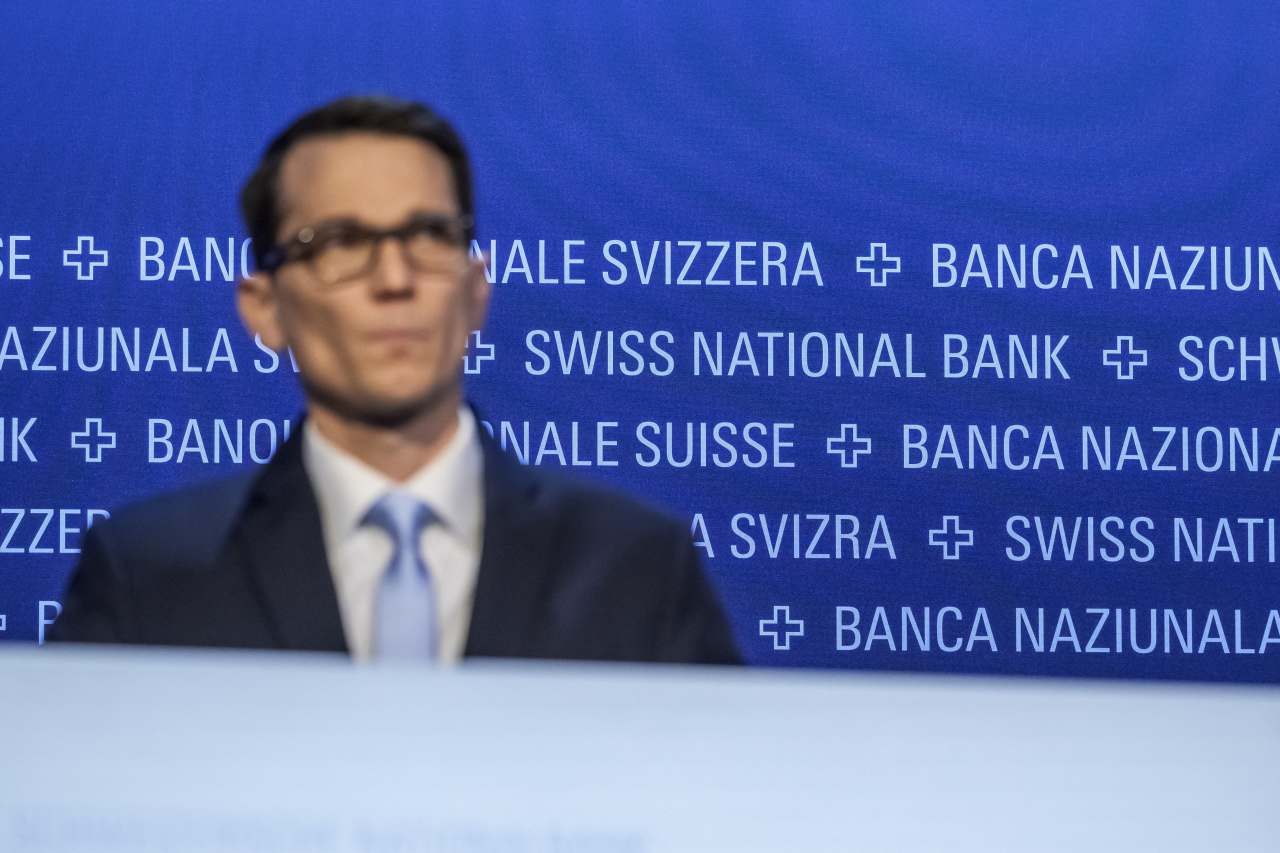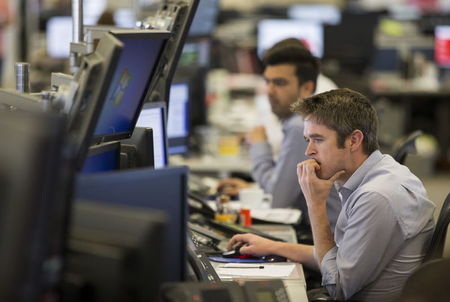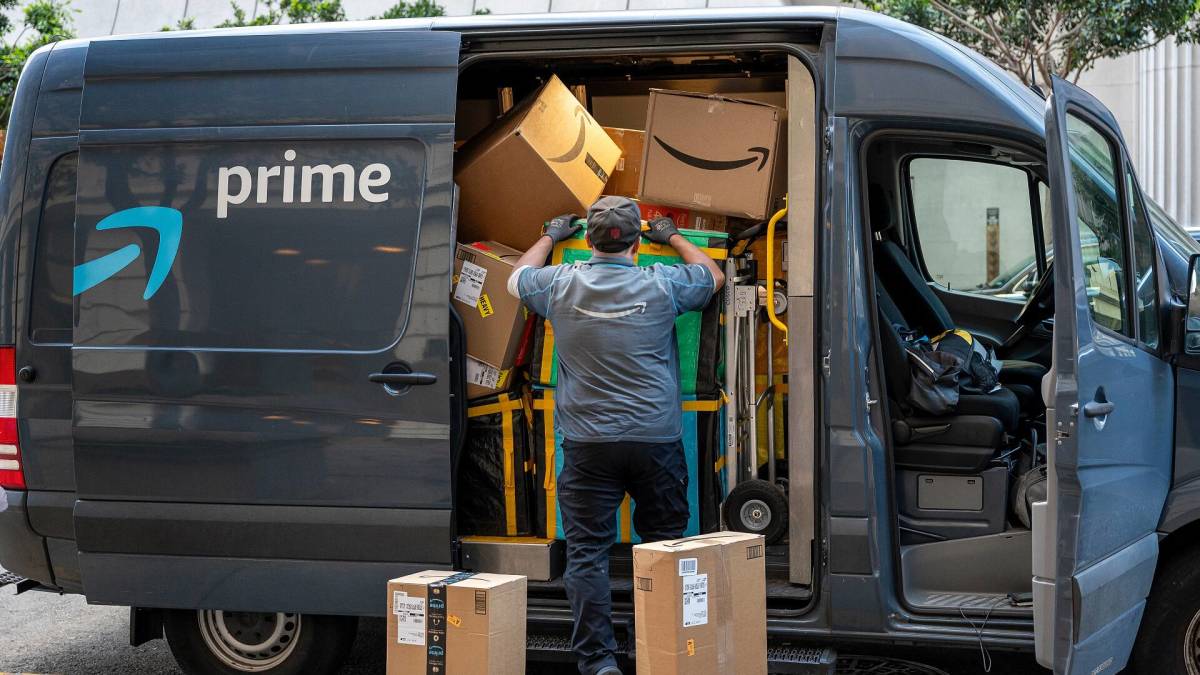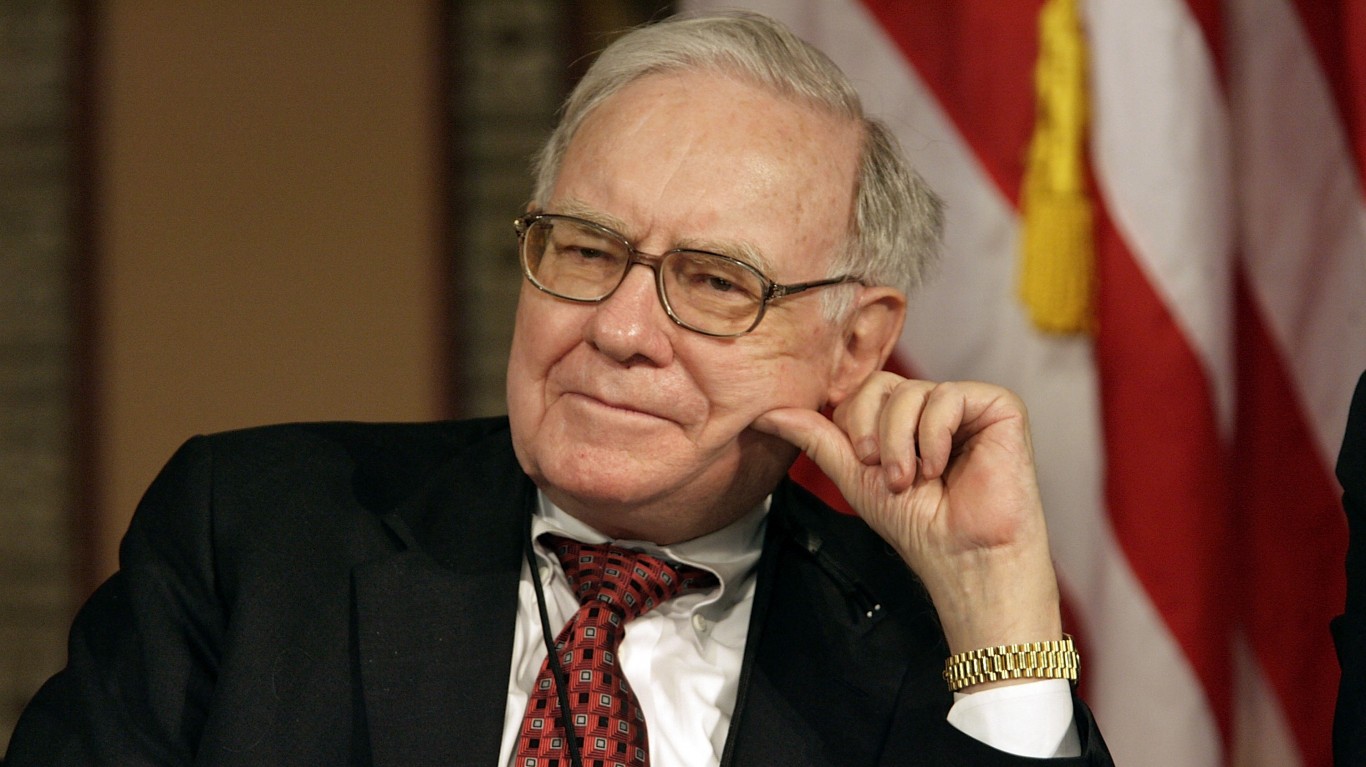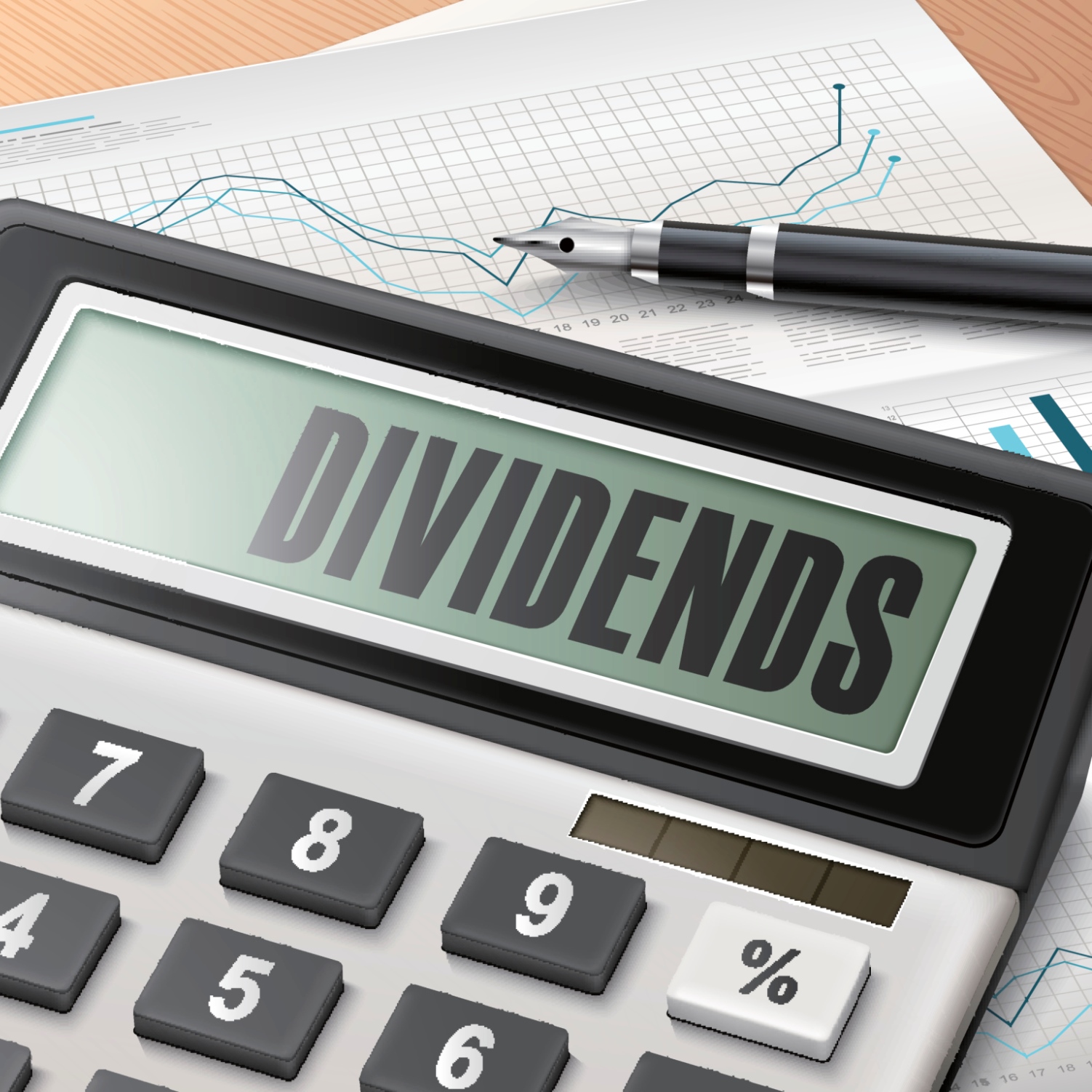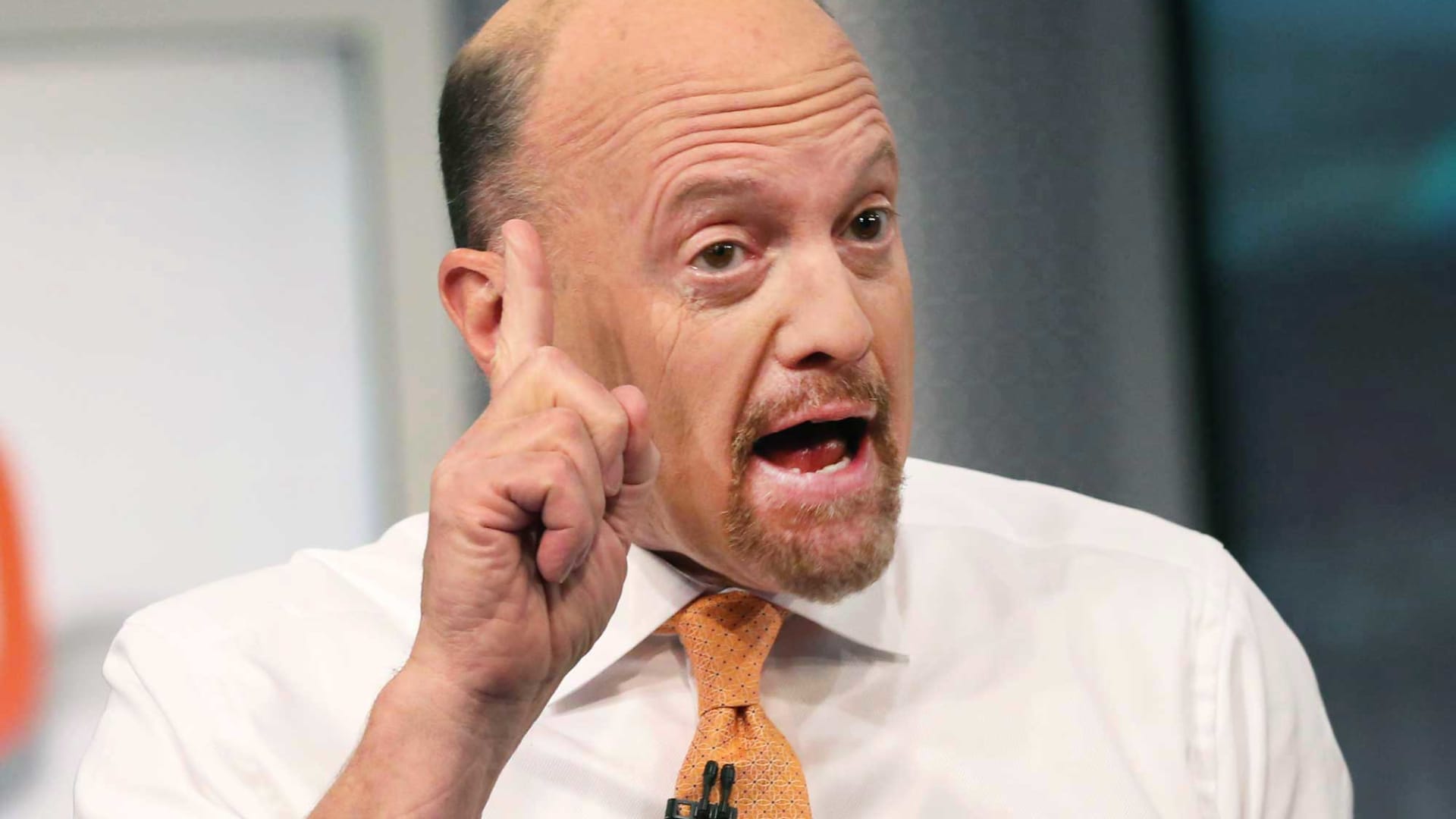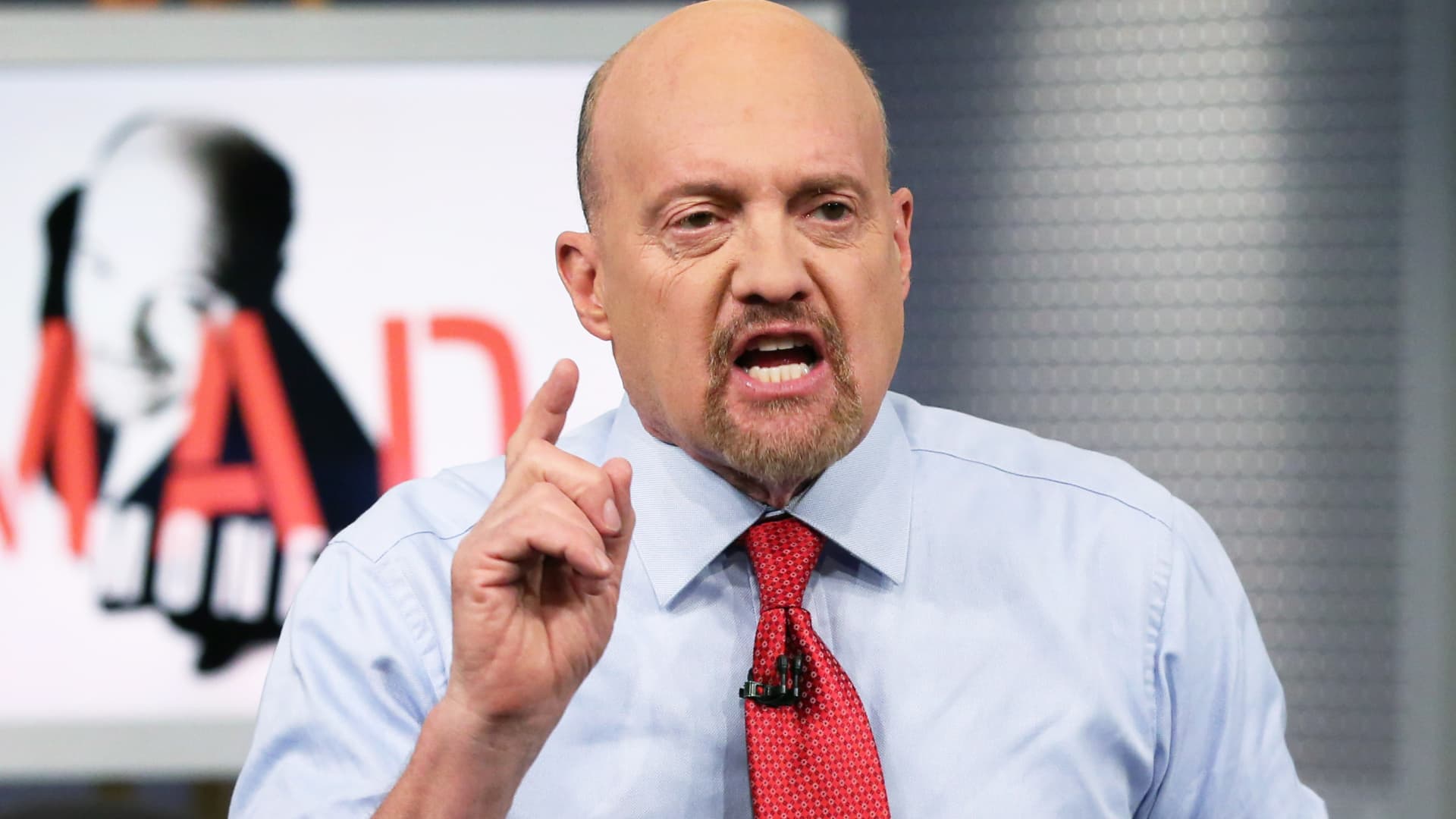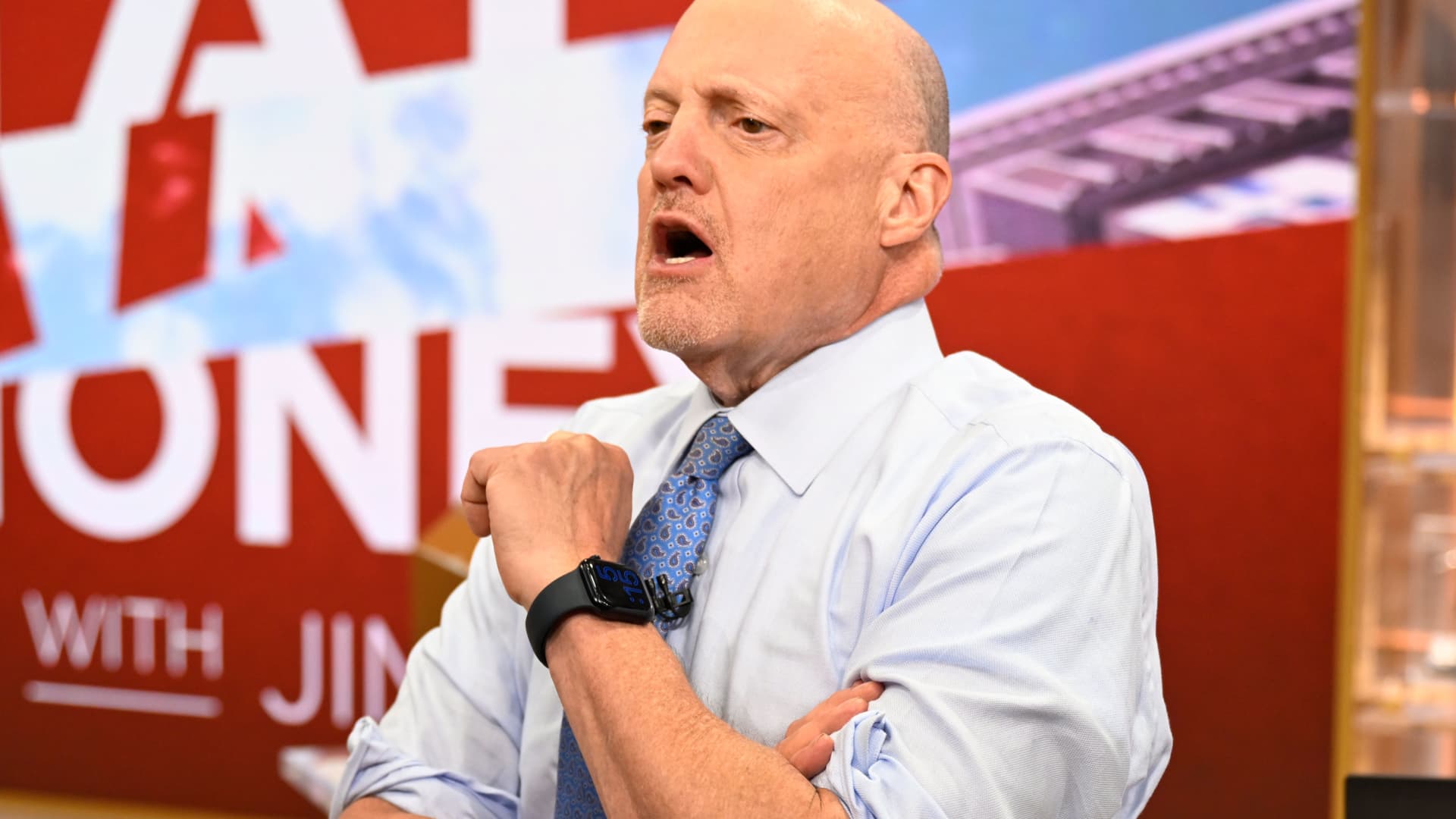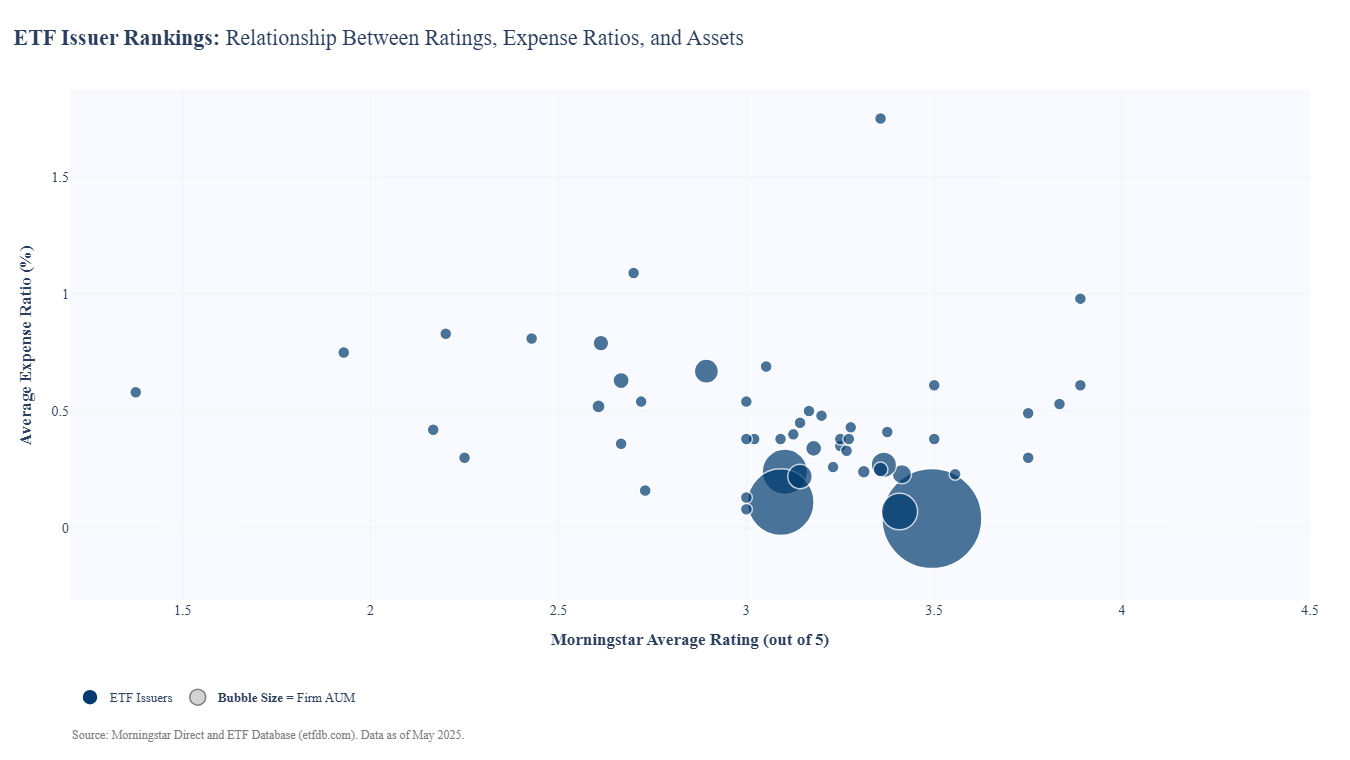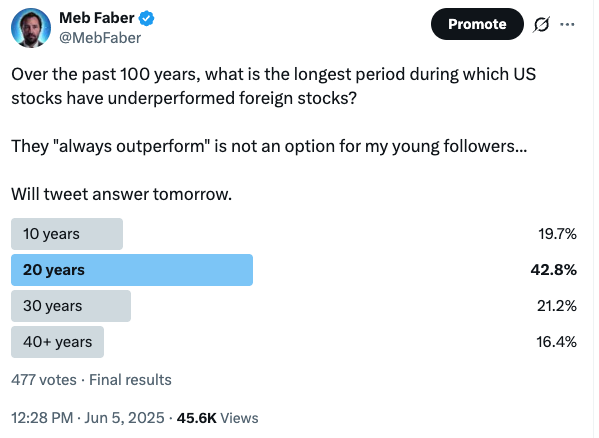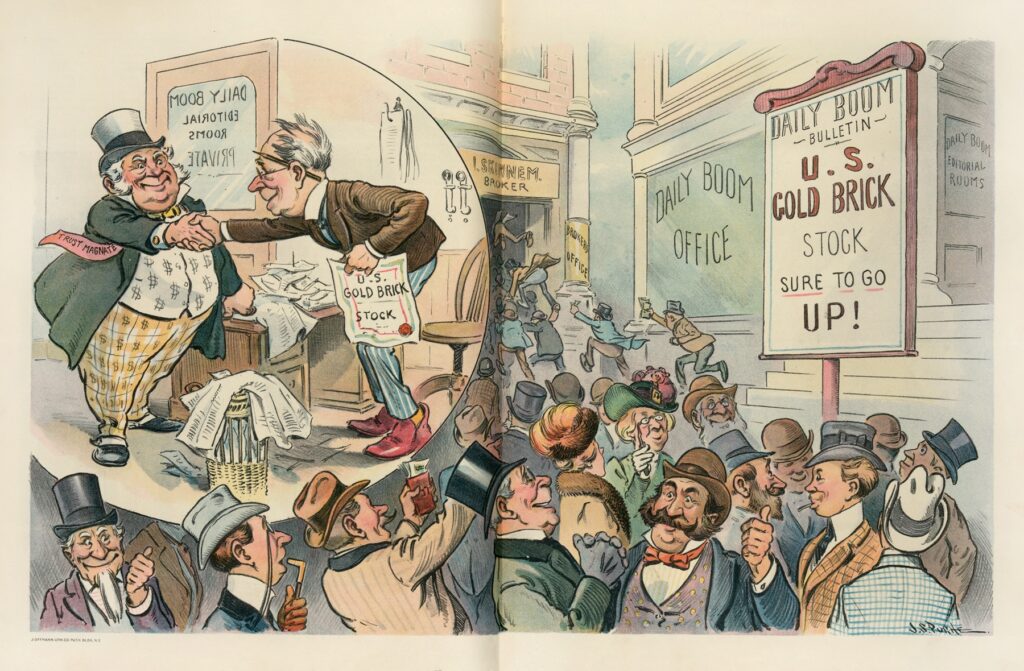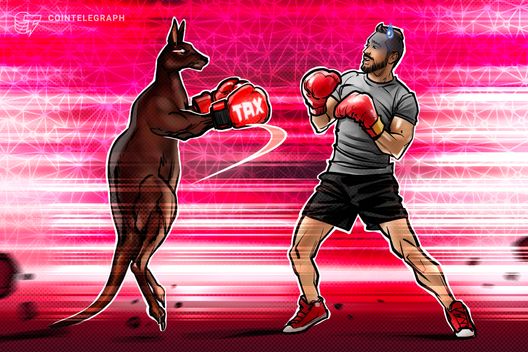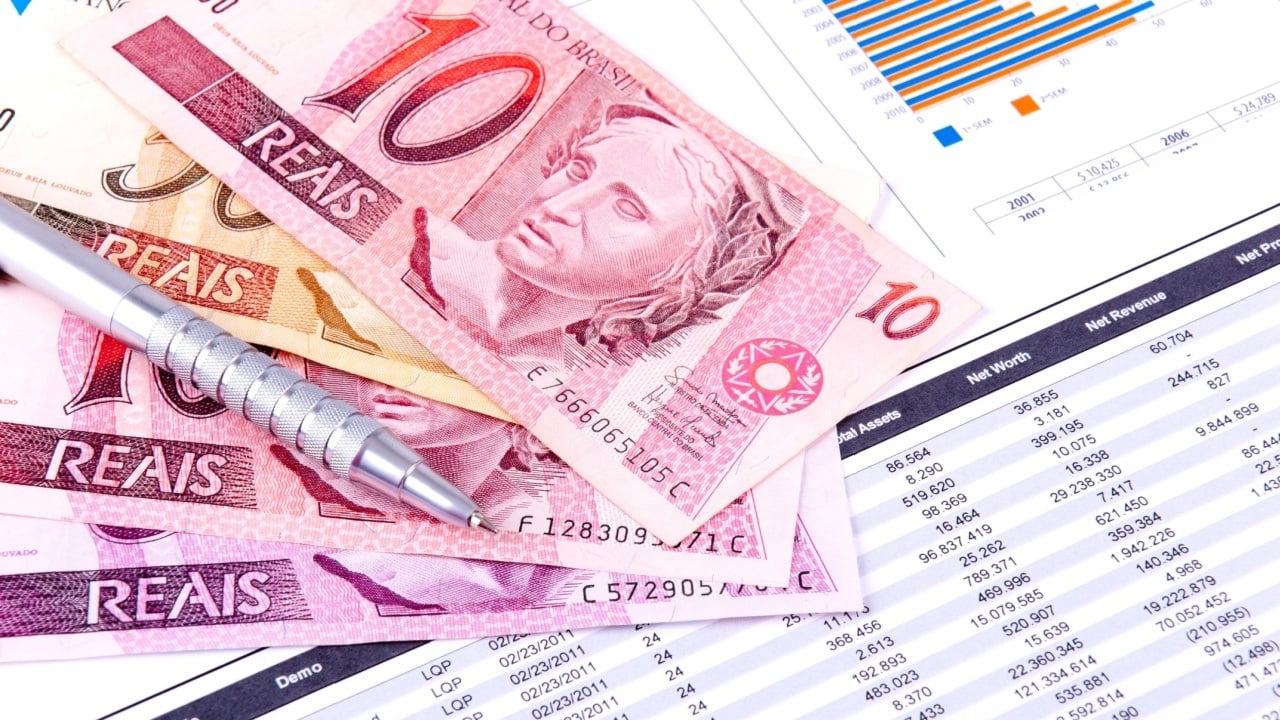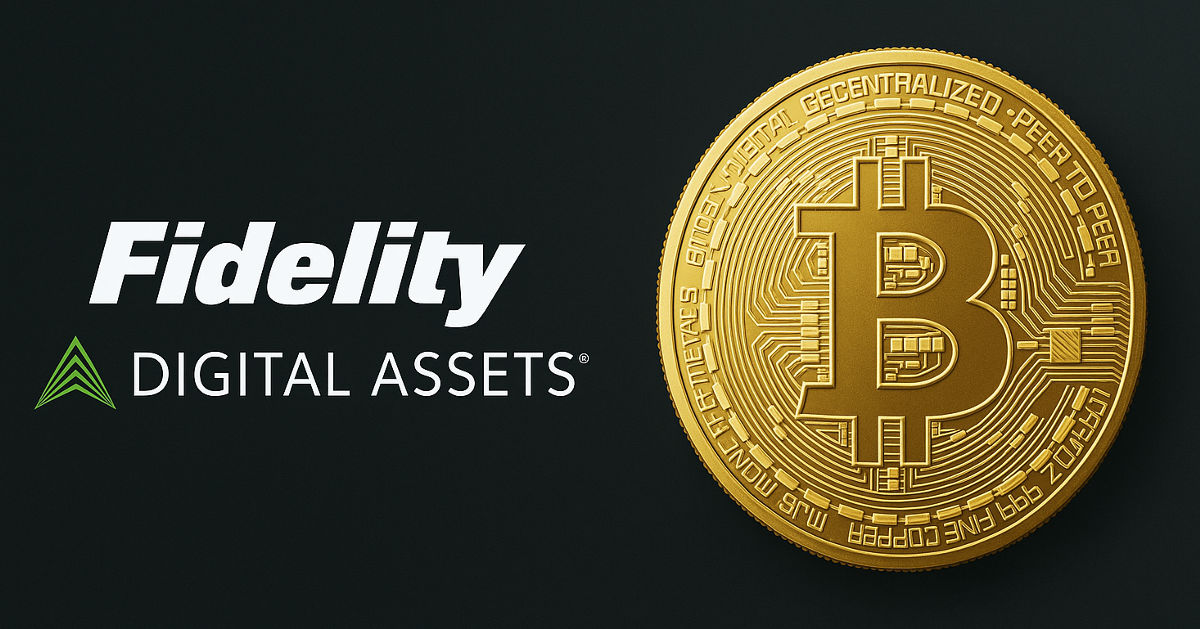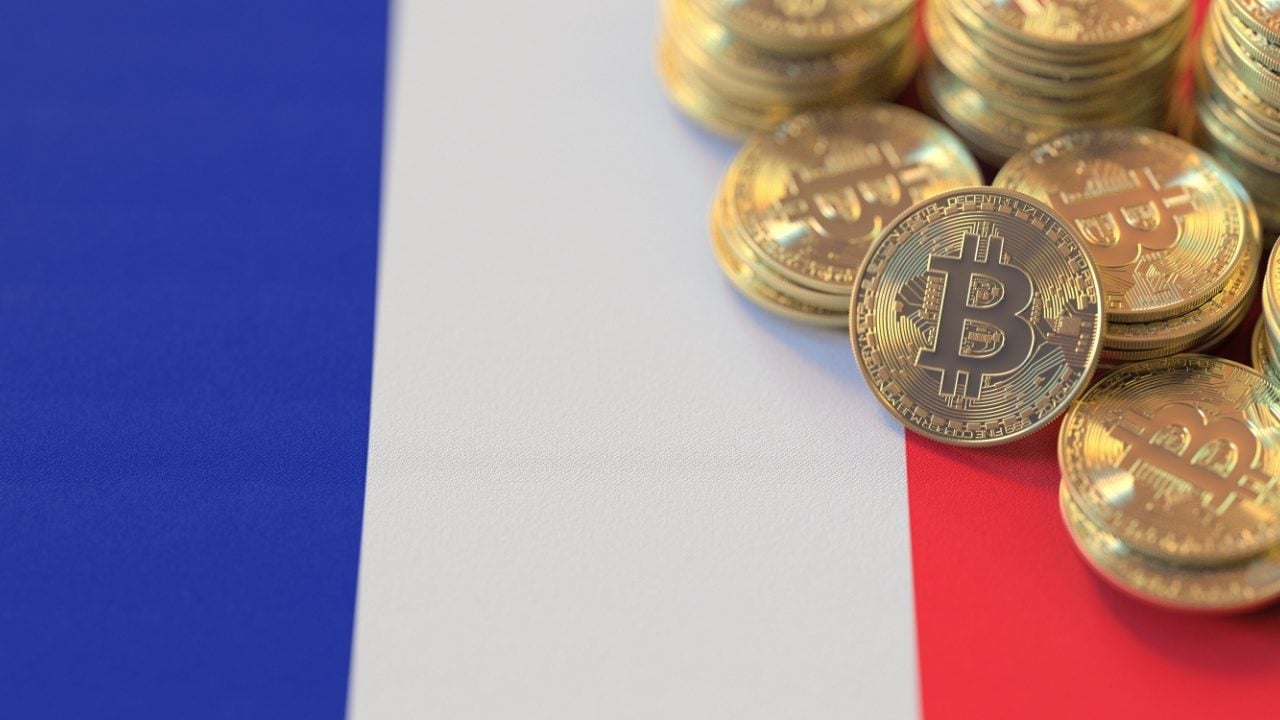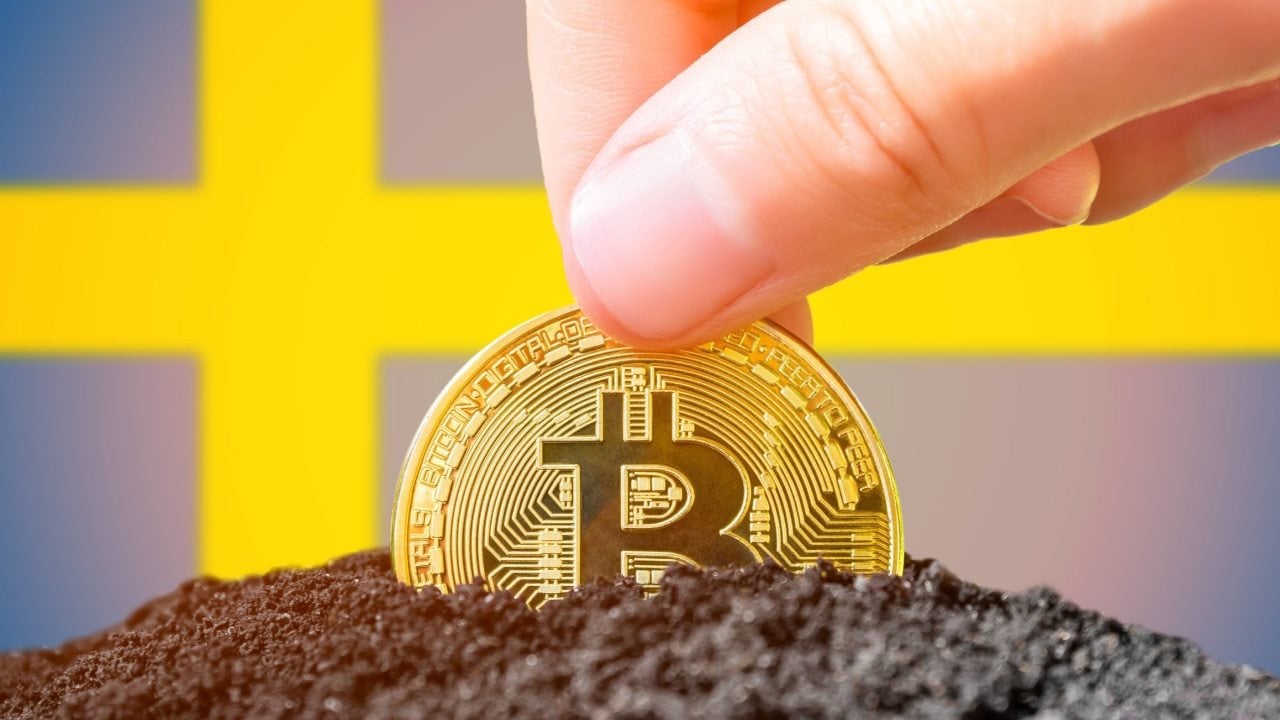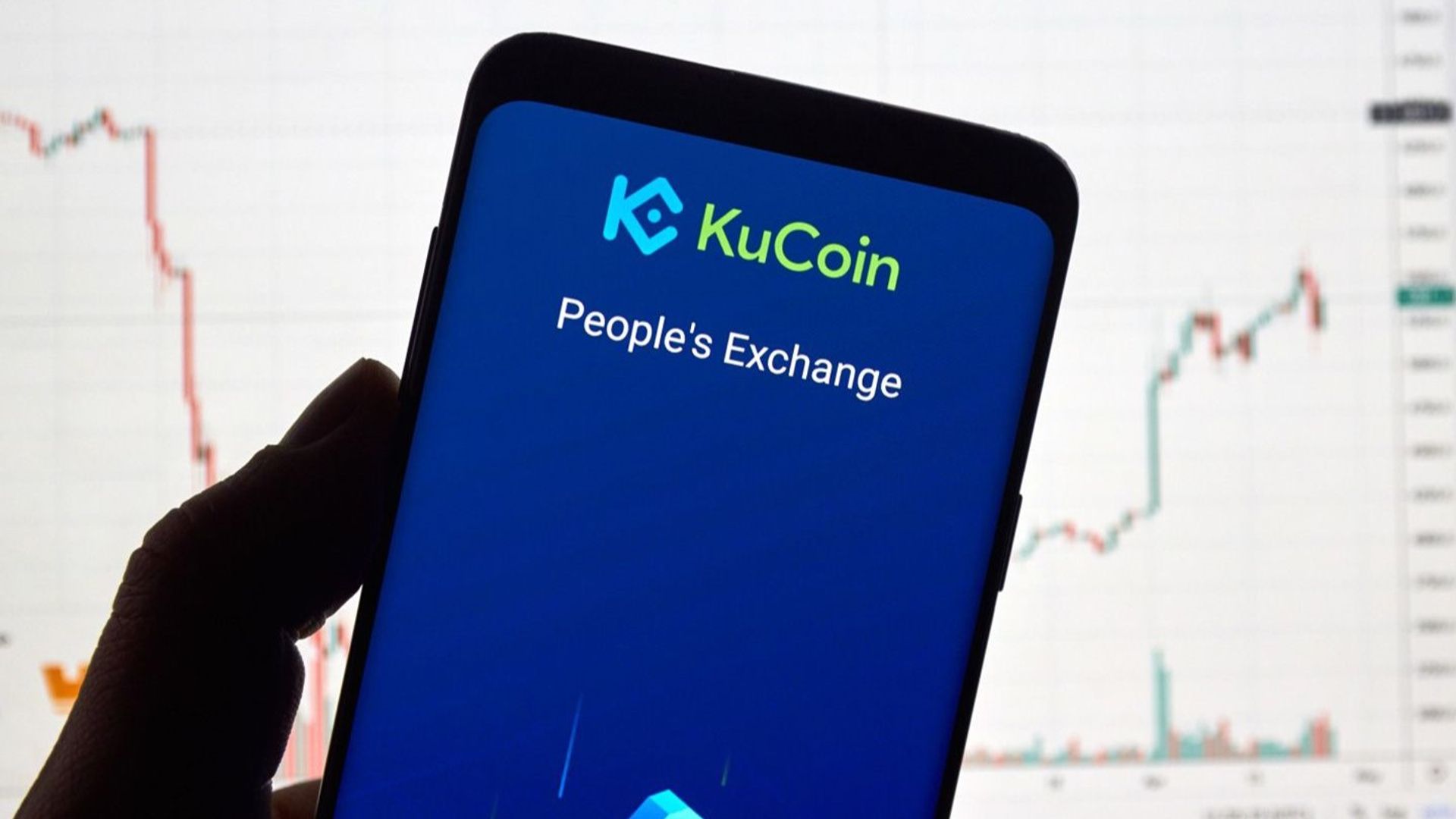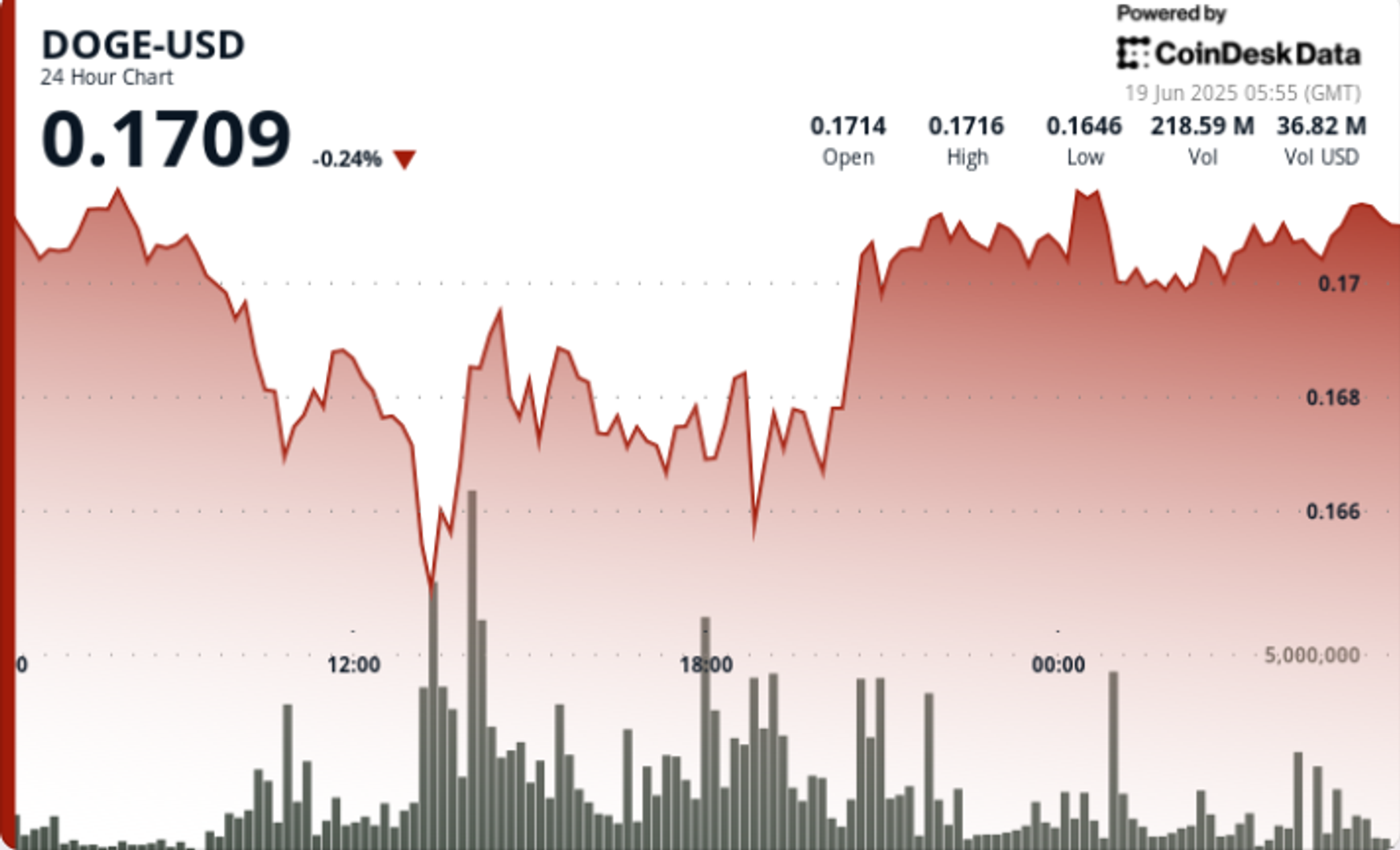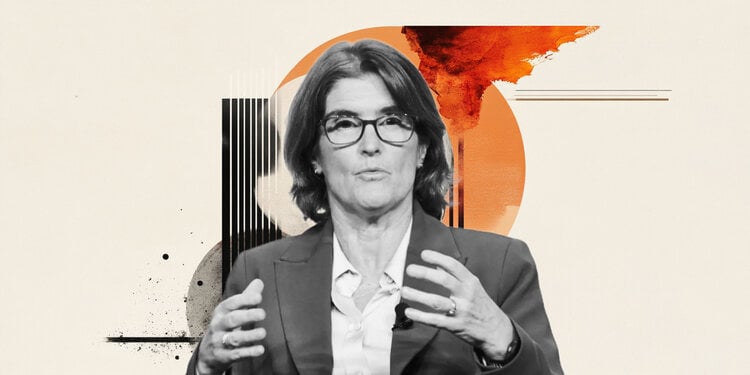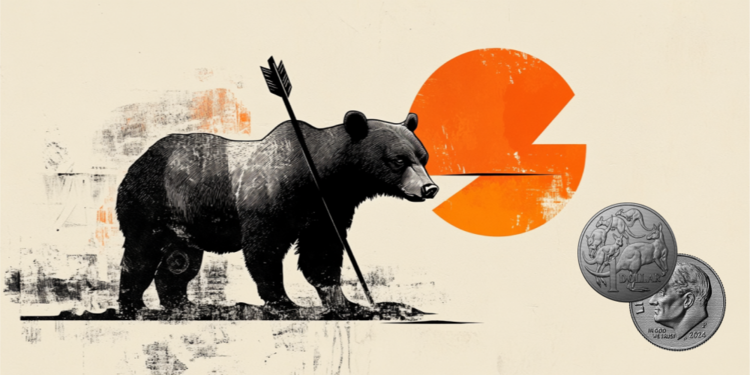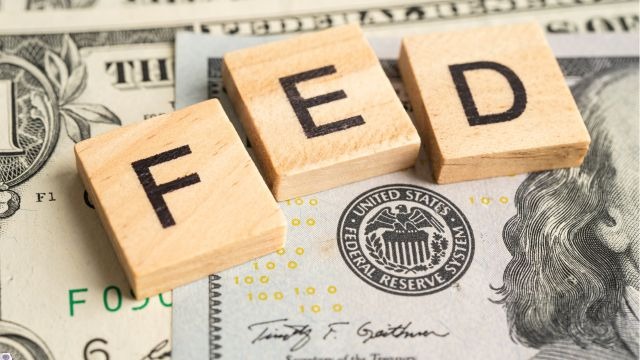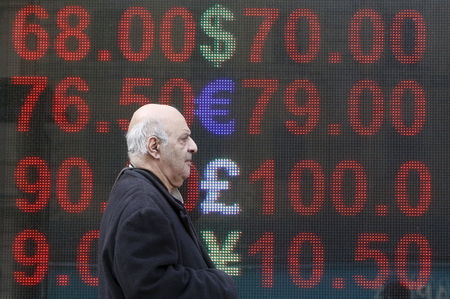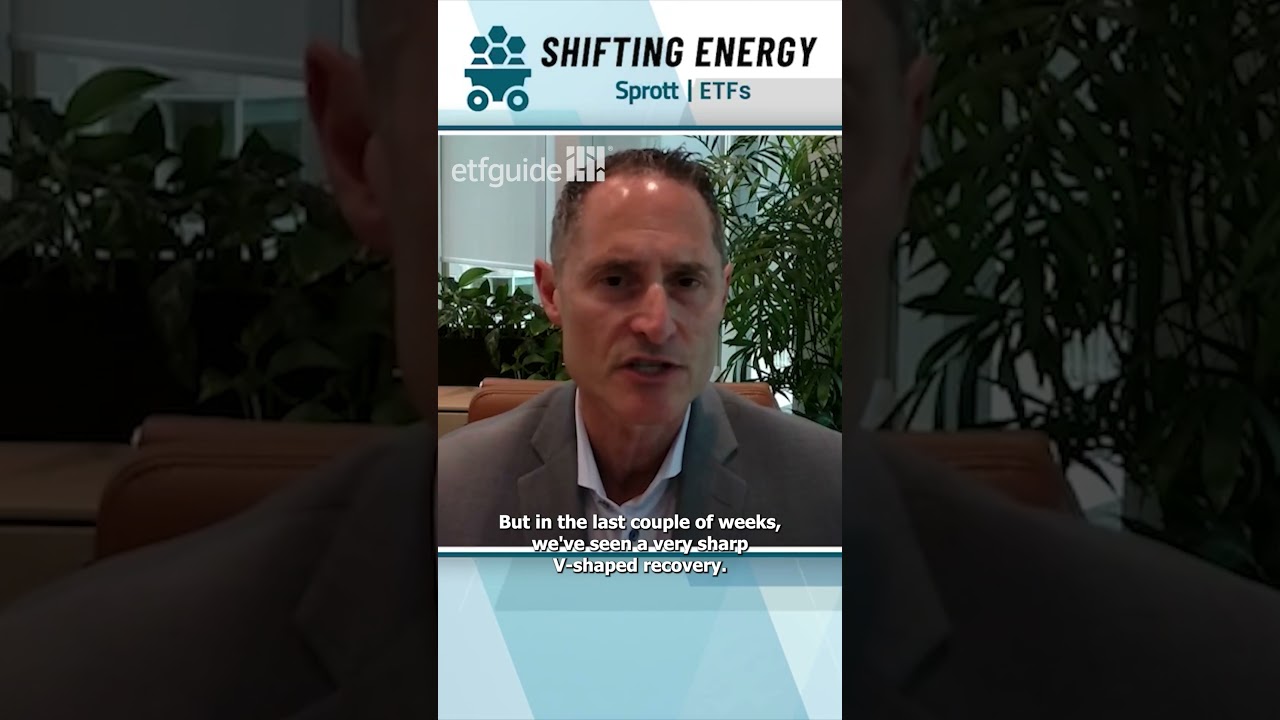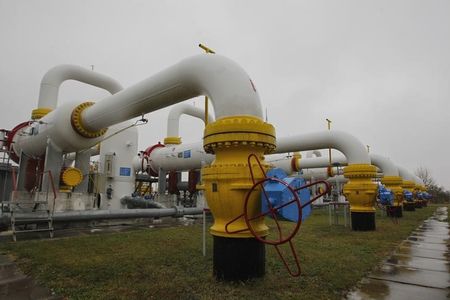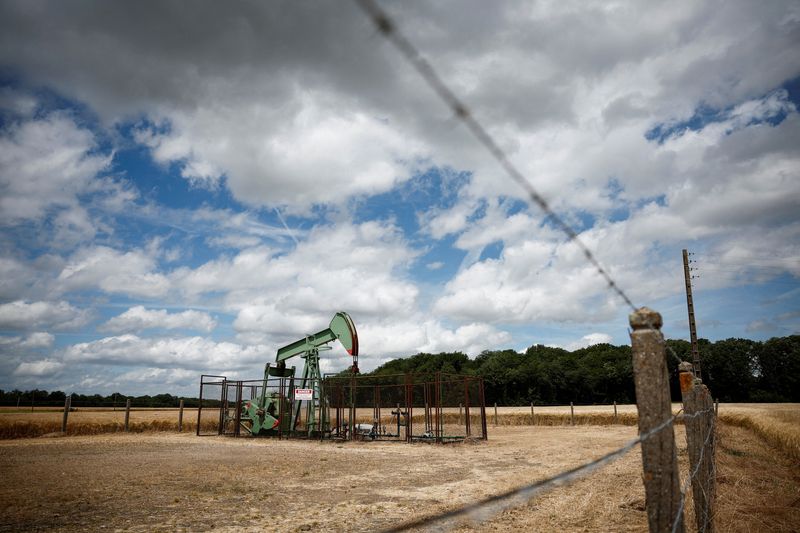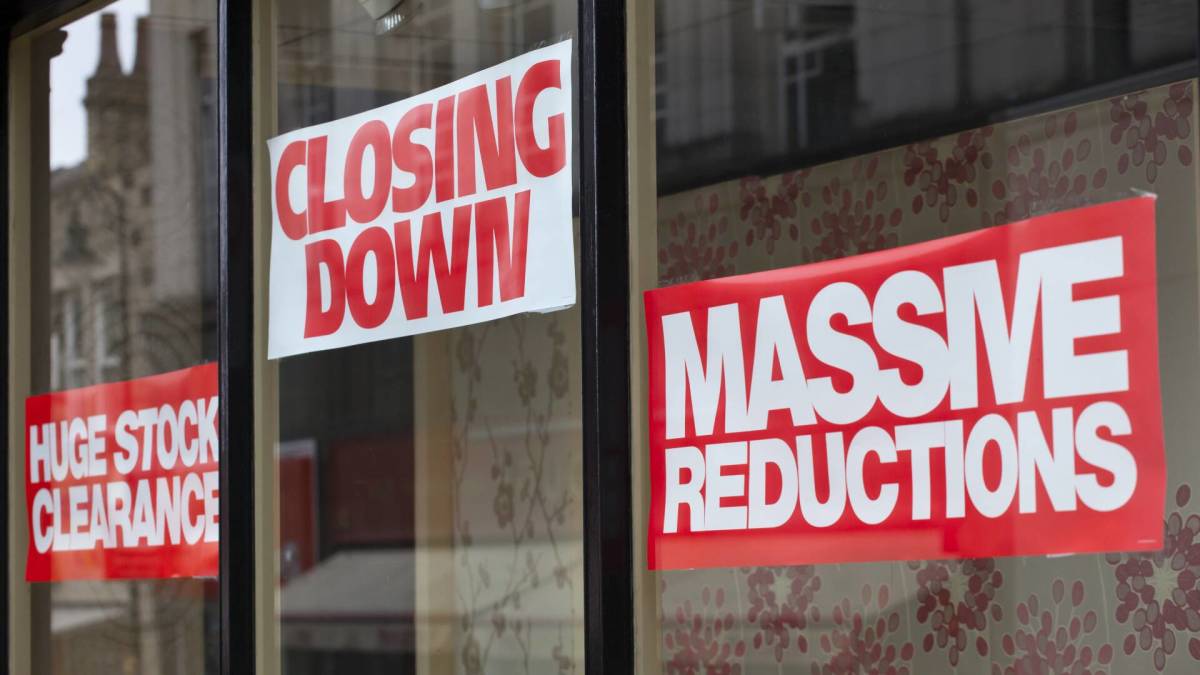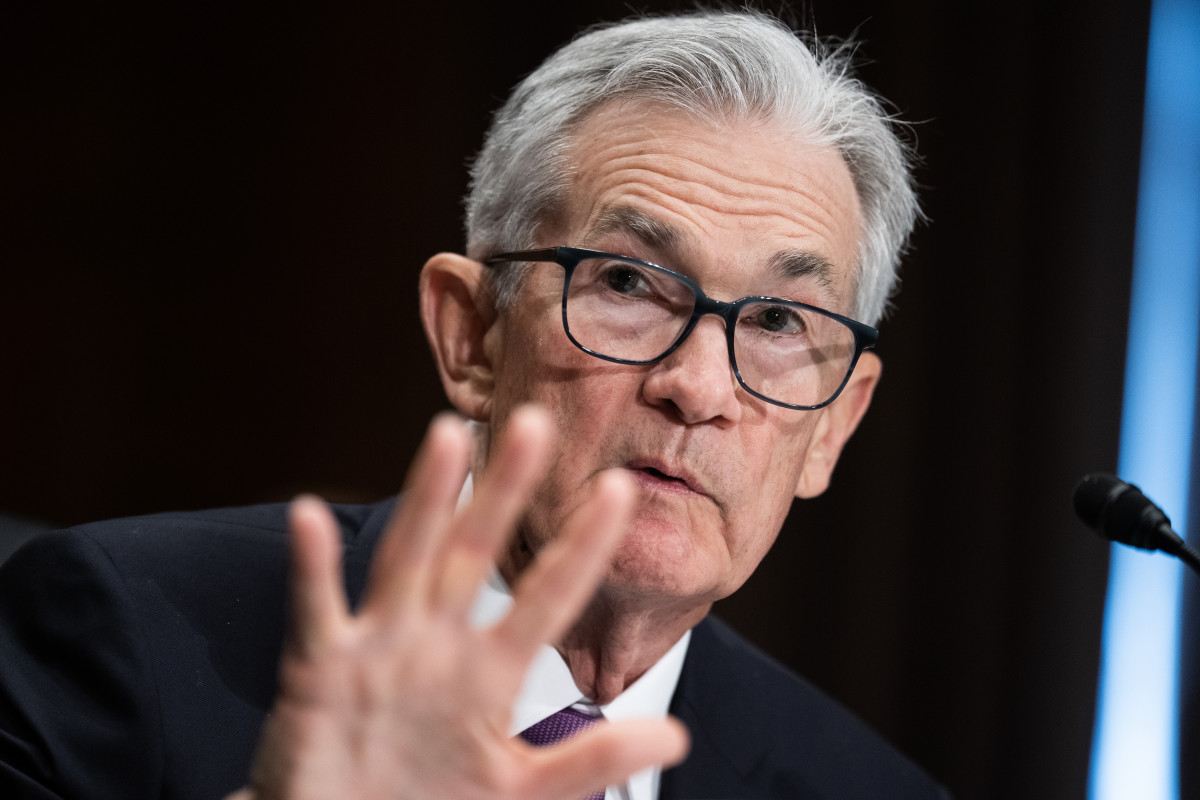How higher oil prices could impact your wallet
Why one strategist sees higher oil as a price shock and what it means for your money.

With oil prices rising, many Americans are bracing for another wave of inflation. Brian Levitt, Chief Market Strategist at Invesco, joined TheStreet to explain how higher oil prices may impact your wallet.
Related: Oil prices, defense stocks and gold surge, S&P 500 tumbles after Israel attacks Iran
Full Video Transcript Below:
CAROLINE WOODS: But what about oil prices, sharply higher for the month of June. What impact could that have on the inflation story?
BRIAN LEVITT: Yeah so I don't view oil prices as being early cycle inflation. I tend to view it as being later cycle hurt the consumer. So I would expect all other goods to not have the same type of demand if we're spending more at the pump. So I wouldn't view it as inflation. I would view it as a price shock. Again, talk about war or drought or policies that cause these price shocks. I would view it as being anti-growth rather than pro inflation.
CAROLINE WOODS: Have the latest geopolitical events changed the way you look at energy stocks or even defense names, as a way to hedge against some of the risk?
BRIAN LEVITT: Yeah, I think so. I mean, you would want to own commodities in your portfolio for events like these. I'm certainly well positioned. Energy majors. Defense stocks were likely to do well anyway, given what we've heard out of the Europeans, what we've heard out of the Germans, in terms of the defense spending and the Infrastructure Investment that we're expecting over there. So they're well positioned. And in a world of geopolitical or trade conflict, I think defense and aerospace can do well in that environment. But yeah, I mean, the nice thing about commodities is you don't need to own a lot in the portfolio for them to have the intended effect. So investors tend to be I want to jump into commodities when there's conflict. If you want to have a persistent call it 5, 10% position in commodities, it can help smooth the volatility of a portfolio over a longer term period. Because we know these types of things unfortunately always come up.
CAROLINE WOODS: You're not saying jump in right now as a way to hedge?
BRIAN LEVITT: I'm not saying jump in right now because I would say you'd want to own commodities as a hedge, but you don't want to jump in to think that oil is now going to $100 a barrel. I mean, you could end up fairly quickly with some negotiated ceasefire. And the other thing you have is, again, leading indicators in the US pointing lower and the US pretty awash in oil, right at all time highs 13.5 million barrels of oil being produced per day. So no, I wouldn't view it as this is the next great investment opportunity. I would view it as to your point, a hedge in the portfolio.



















